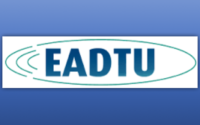
Student Perceptions of the Most Effective and Engaging Online Learning Activities in a Blended Graduate Seminar
The principal concern of this research was to learn more about effective designs of learning activities in blended courses. A questionnaire was administered in three sections of a not-for-credit intensive blended graduate seminar in university teaching. The online activities included readings, videos, discussion forum activities and other activities using a range of web-based technologies. Students […]
















